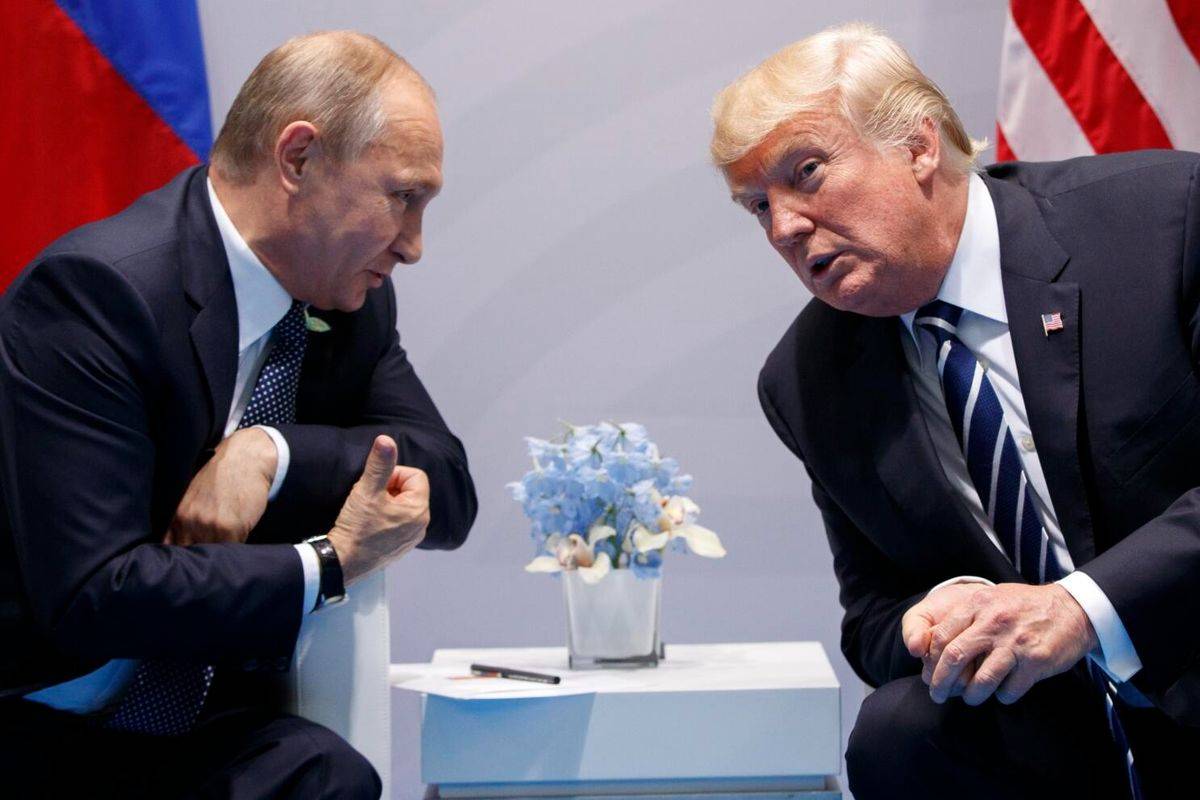1560 Views
As Trump Wavers, Putin’s War Machine Advances: Is NATO’s Collapse Inevitable?
More than three years since the outbreak of the Ukraine conflict—officially launched by Moscow in February 2022 under the designation of a “Russia’s special military operation”—Russia’s defense industry is now operating at an unprecedented pace. At a time when Ukrainian authorities are striving to present evidence of Beijing's support for Moscow’s military-industrial complex in order to rally the West, the Kremlin is pushing forward with a new wave of drone and missile strikes on Kyiv, Kharkiv, and other regions. These offensives are strategically aimed at disrupting NATO’s logistical consolidation in Ukraine and achieving predetermined military objectives.
Amid these developments, reports of severe morale deterioration among Ukrainian troops and disoriented leadership within Zelensky’s military command have emerged, with repeated battlefield setbacks sowing confusion. These issues have contributed to growing doubts about Ukraine’s prospects and have intensified concerns over Moscow’s potential to expand its influence westward. Reflecting this anxiety, The Financial Times issued a stark warning, evoking historical parallels: “In May 1945, the end of World War II brought the shadow of Soviet power to the streets of Berlin. Now, 80 years later, the conclusion of the Russia-Ukraine war may once again see Moscow pushing its power westward.”
In this context, Western military analysts have raised alarms over the possibility of a broad Russian offensive in June, citing Moscow’s rapid advancements in precision missile systems, indigenous loitering munitions (suicide drones), and electronic warfare capabilities. Their concerns are compounded by the dramatic depletion of NATO's armament stockpiles and recent shifts in Western defense and economic policies, which have sparked mounting complaints among European military officials about inadequate U.S. support.
Denmark’s intelligence service, in a February report, warned that Russia, should it perceive NATO as weakened, could launch a large-scale military assault in Europe within six months and be fully prepared for a full-fledged war on the continent within five years.
Earlier, Newsweek, referencing the Russian Ministry of Defense’s end-of-year report, noted that over 84% of the weaponry and technologies used by Putin’s armed forces are now domestically produced. Despite intensifying global sanctions, Russia significantly increased its military production in 2023. Moreover, contrary to Western expectations, financial sanctions have had a limited impact on Russia’s economy. Non-dollar-based international banks have leveraged alternative financial pathways, and emerging technologies have enabled Moscow to circumvent sanctioned financial systems—contributing notably to the vitality of Russia’s wartime economy.
These developments have stirred deep unease in Washington and Brussels. There is growing fear that Ukraine’s failures and Russia’s advances are shaping public opinion and undermining NATO’s internal cohesion. It is within this context that cracks have begun to appear across the Atlantic alliance: a shift in U.S. policy toward Ukraine, Europe’s push for strategic autonomy, and mounting questions about the credibility of collective defense mechanisms.
This transformation encompasses a wide array of developments—from Washington’s suspension of military aid to Kyiv and Europe’s exclusion from Ukraine peace negotiations, to Trump’s threats to withdraw the U.S. from NATO. These moves not only strain transatlantic relations but also place the security of the European continent at serious risk and plunge Ukraine’s future into uncertainty.
In fact, the potential return of Trump to the White House is causing more anxiety among Washington’s traditional allies than among its adversaries. According to Foreign Policy, citing Financial Times columnist Gideon Rachman, Trump’s actions suggest that the United States, far from merely reassessing transatlantic alliances, is now positioning itself as a geopolitical rival to Europe—if not an outright adversary.
Finally, Ukrainian officials have once again warned that unless the West imposes far stronger and more effective pressure on Russia, Moscow will not only expand its offensive operations but also boost its weapons production capacity for future strikes on Western nations. This, combined with growing expert consensus on the possibility of a large-scale Russian offensive in June, highlights the growing efficiency of Russia’s war economy—one that, despite Western sanctions, has not only endured but evolved to confront and counter the West’s military strategies.
*Translated by Ashraf Hemmati from the original Persian article written by Navid Daneshvar

Comment
Post a comment for this article